A lot of people first discover Dungeons & Dragons through the likes of Critical Role and Dimension20. These sorts of shows are generally very good for the hobby: they increase its popularity, highlight the narrative and creative potential of the game rather than getting hung up on rules, and come packed with positive vibes. But they also cause an issue with expectations.
One of the draws of D&D might be that you get to collaborate on the story with your friends, but that only works if the bones are already in place. Regardless of how you design a world as a DM (I favour a massive sandbox I largely write before the first dice are even rolled), that means someone needs to put the bones there.
Even for official modules, someone needs to be aware of the bones being excavated. Being a DM is a lot of pressure, and the high bar set by Matt Mercer or Brennan Lee Mulligan only adds to that. But it is worth trying to meet those expectations, even just a little bit.
You Don’t Need To Match Mercer And Mulligan
I am not a voice actor. Any regular listeners to TheGamer’s Your Favorite Game will know what my voice sounds like and will understand that if I could change it with any degree of control at all, I would. In fact, I’m not a performer of any kind. My strength as a DM (if I might be so bold as to suggest I have one) is in the writing. The groundwork is solid enough ahead of time that there’s a limit on how wrong things can ever go when we do it live, baby.
Writing is a very private affair. I sit alone with my laptop and phone, with various tabs of art inspiration and rules or mechanics open, and write the game. The fact that other people will read it, that they will meet these characters and play out these scenarios is something I compartmentalise. If I had to consider how to act out each character, I’d never write anything.
I imagine this is different to how Mercer and Mulligan write their characters. You can tell that for them, the true joy is in the performance of it all, in sharing these characters with colleagues and with the world. They think of it less as writing a book (a solitary affair that ends when you put the pen down and exists primarily on the page) and more like writing a play (a shared venture that begins only when it is finished and lasts forever so long as there are actors to perform it). But sooner or later, you have to embrace that part of being a DM is being an actor.
Don’t Take DMing Too Seriously
For my current adventure, I went beyond perfunctory notes of who a character is in the world and what (if any) quests they may have, and wrote some introductory dialogue. This is still adapted to the players and how they greet them, and I still often opt for “the shopkeeper tells you he needs a package delivered” over entirely in-character speech, but this helps me ground each character in the world. Even if I don’t change my voice that much, it makes it easier to ‘play’ each character, and that in turn gives the group more chance to play their own character instead of thinking of them as a bunch of numbers that control what they can do in combat.
Though it’s rare (as I lack both the range and the stage presence of Mercer), I even have a couple of voices I can whip out. Though always more cartoonish and never that different from my own, these voices always go down a treat with the party. They don’t, as is always the fear amongst us not blessed with a talent for performance, laugh at what I’m trying to do or dismiss it as childish, pathetic, or cringeworthy.
It makes each character more memorable, even if most of the voices aren’t particularly distinct from one another. It also locks me into playing a character, and therefore responding in-character with improv, rather than rushing an interaction to get to the plot of it all. It gives the party more chance to ask questions as their characters would, and me doing a silly voice removes any fear they might have that embracing their character as a person rather than a stat block might be dismissed as childish, pathetic, or cringeworthy.
It requires letting go of inhibitions and being a little silly, but a good voice – even a bad voice delivered with commitment – can really make a character stand out. You never know which characters or plots your players will glom onto most, but using a voice is a surefire way to inject a bit more fun into things. Even if you can’t really do them, it’s always worth trying a voice in D&D.
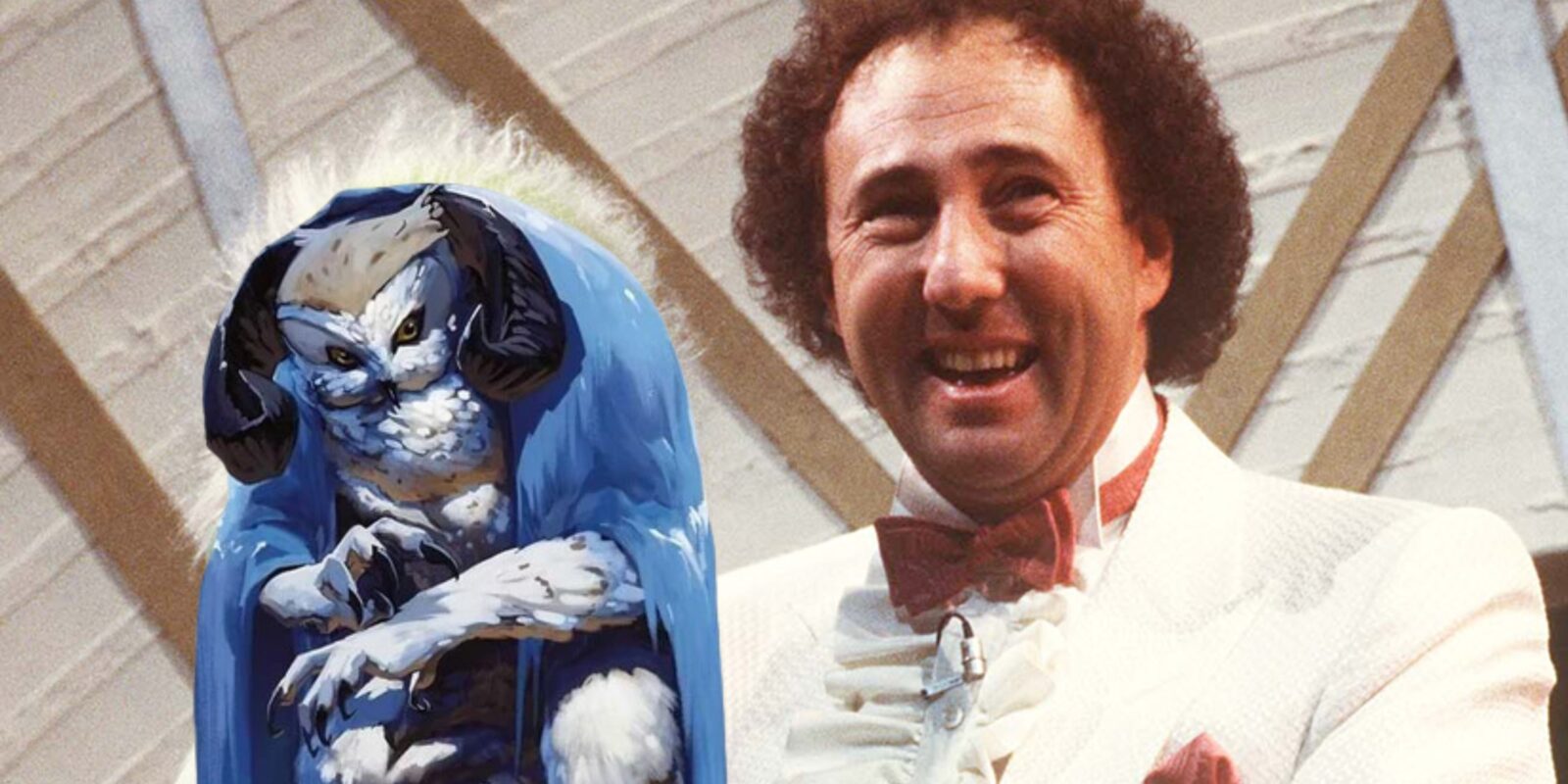
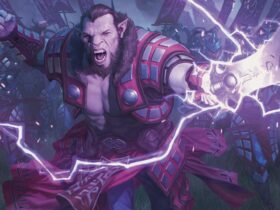
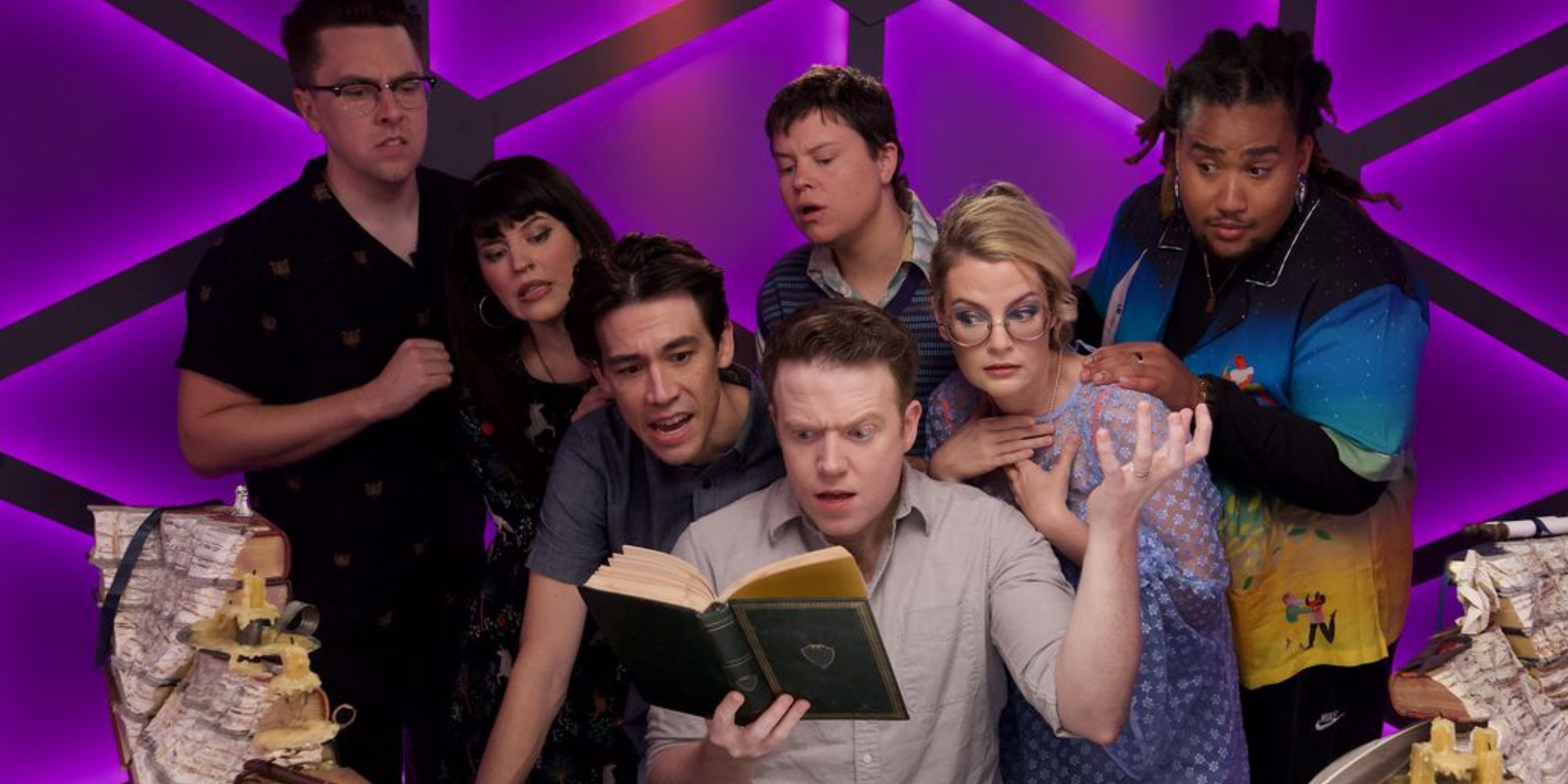
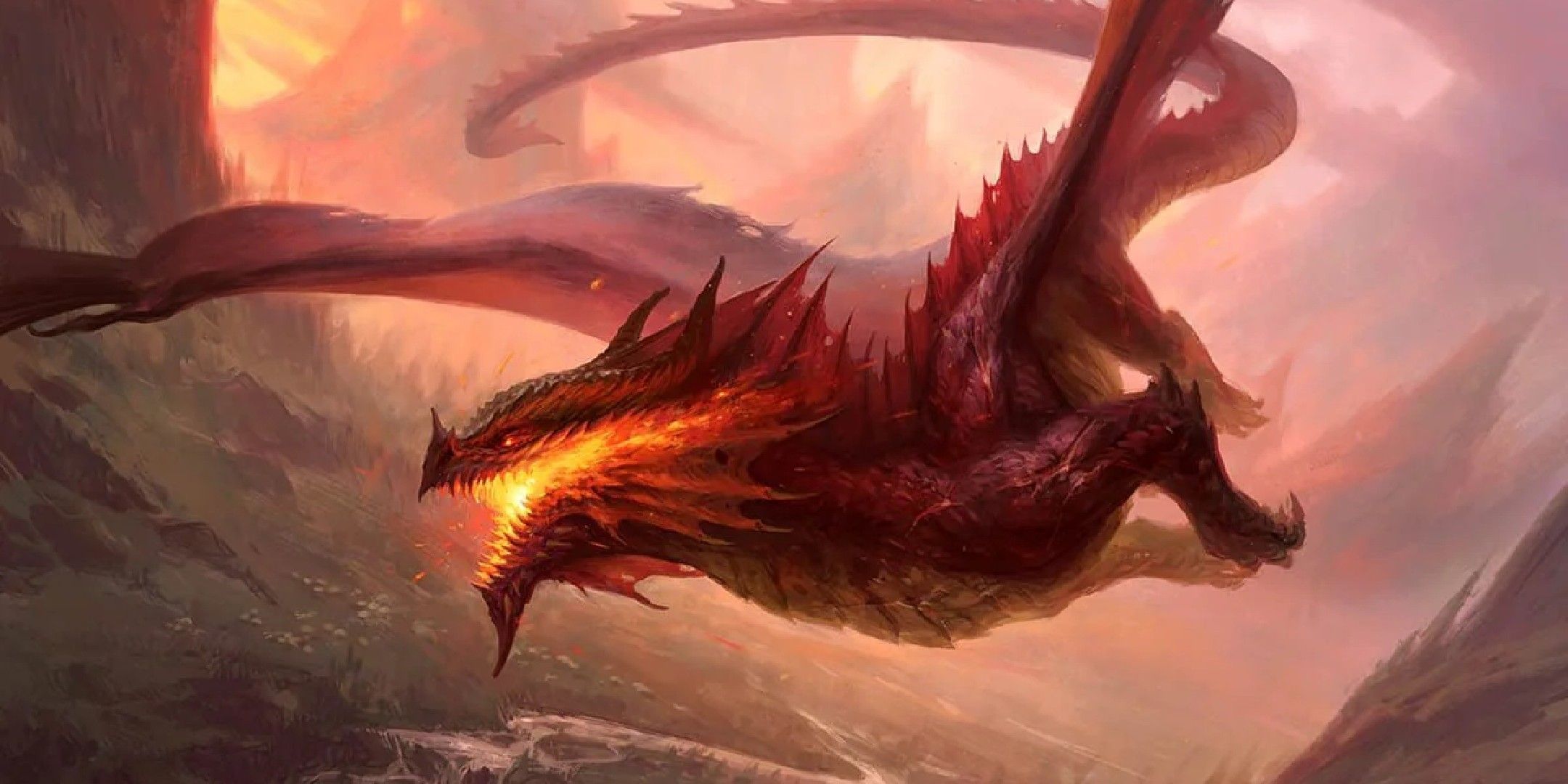
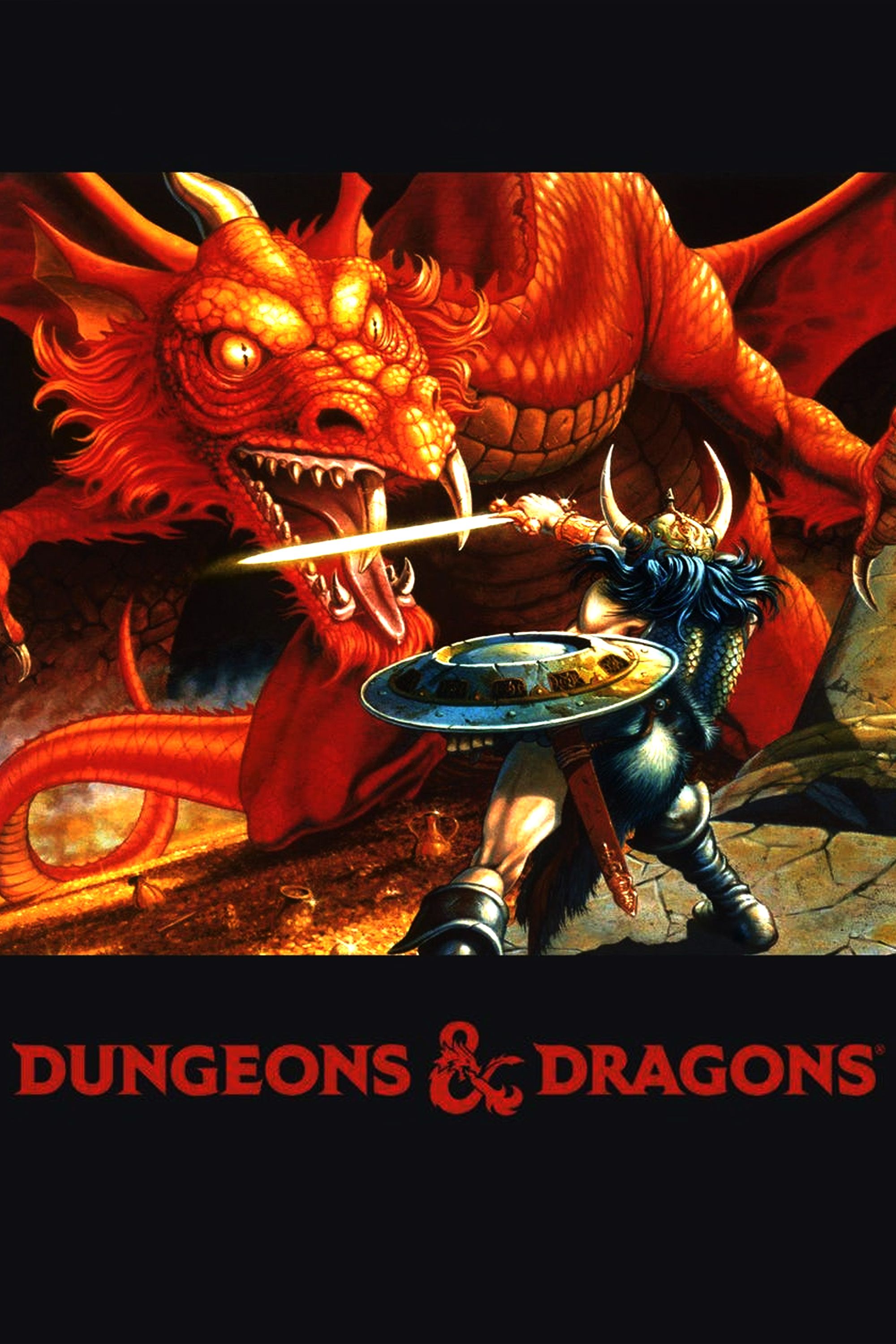
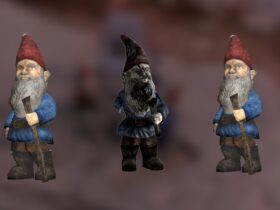


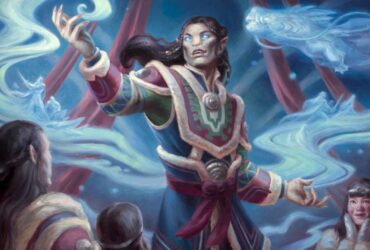
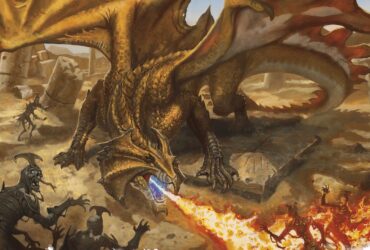

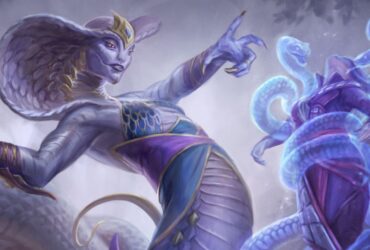
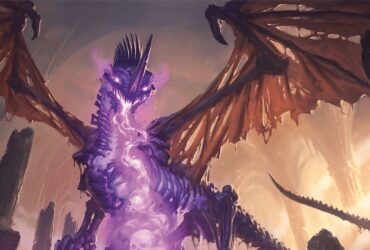
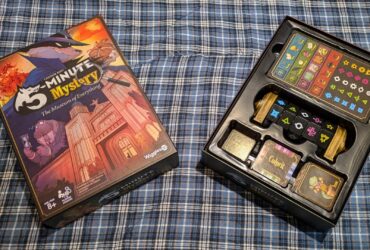
Leave a Reply